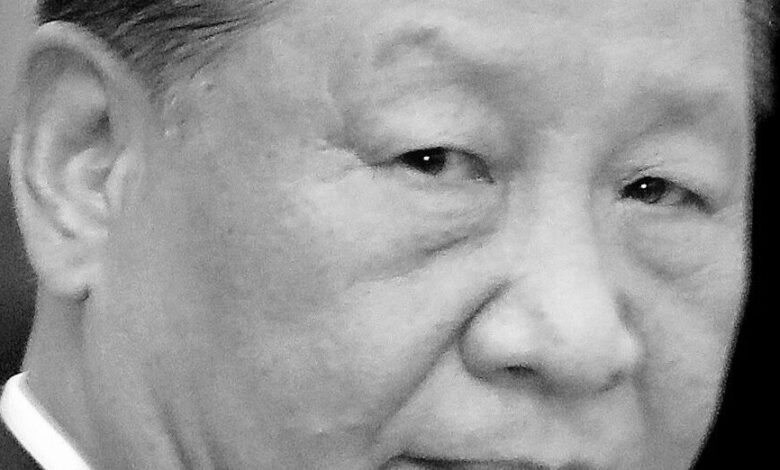Opinion | Xi Jinping’s Green Leap Forward

How this plays out could have serious implications for American power and influence.
Look at what happened in the early 20th century, when fascism posed a global threat. America entered the fight late, but with its industrial power — the arsenal of democracy — it emerged on top. Whoever unlocks the door inherits the kingdom, and the United States set about building a new architecture of trade and international relations. The era of American dominance began.
Climate change is, similarly, a global problem, one that threatens our species and the world’s biodiversity. Where do Brazil, Pakistan, Indonesia and other large developing nations that are already grappling with the effects of climate change find their solutions? It will be in technologies that offer an affordable path to decarbonization, and so far, it’s China that is providing most of the solar panels, electric cars and more. China’s exports, increasingly led by green technology, are booming, and much of the growth involves exports to developing countries.
From the American neoliberal economic viewpoint, a state-led push like this might seem illegitimate or even unfair. The state, with its subsidies and political directives, is making decisions that are better left to the markets, the thinking goes.
But China’s leaders have their own calculations, which prioritize stability decades from now over shareholder returns today. Chinese history is littered with dynasties that fell because of famines, floods or failures to adapt to new realities. The Chinese Communist Party’s centrally planned system values constant struggle for its own sake, and today’s struggle is against climate change. China received a frightening reminder of this in 2022, when vast areas of the country baked for weeks under a record heat wave that dried up rivers, withered crops and was blamed for several heatstroke deaths.
China’s government knows that it must make this green transition out of rational self-interest or risk joining the Soviet Union on history’s scrap heap, and is actively positioning itself to do so. It is increasingly led by people with backgrounds in science, technology and environmental issues. Shanghai, the country’s largest city and its financial and industrial leading edge, is headed by Chen Jining, an environmental systems expert and China’s former minister of environmental protection. Across the country, money is being poured into developing and bringing to market new advances in things like rechargeable batteries and into creating corporate champions in renewable energy.




